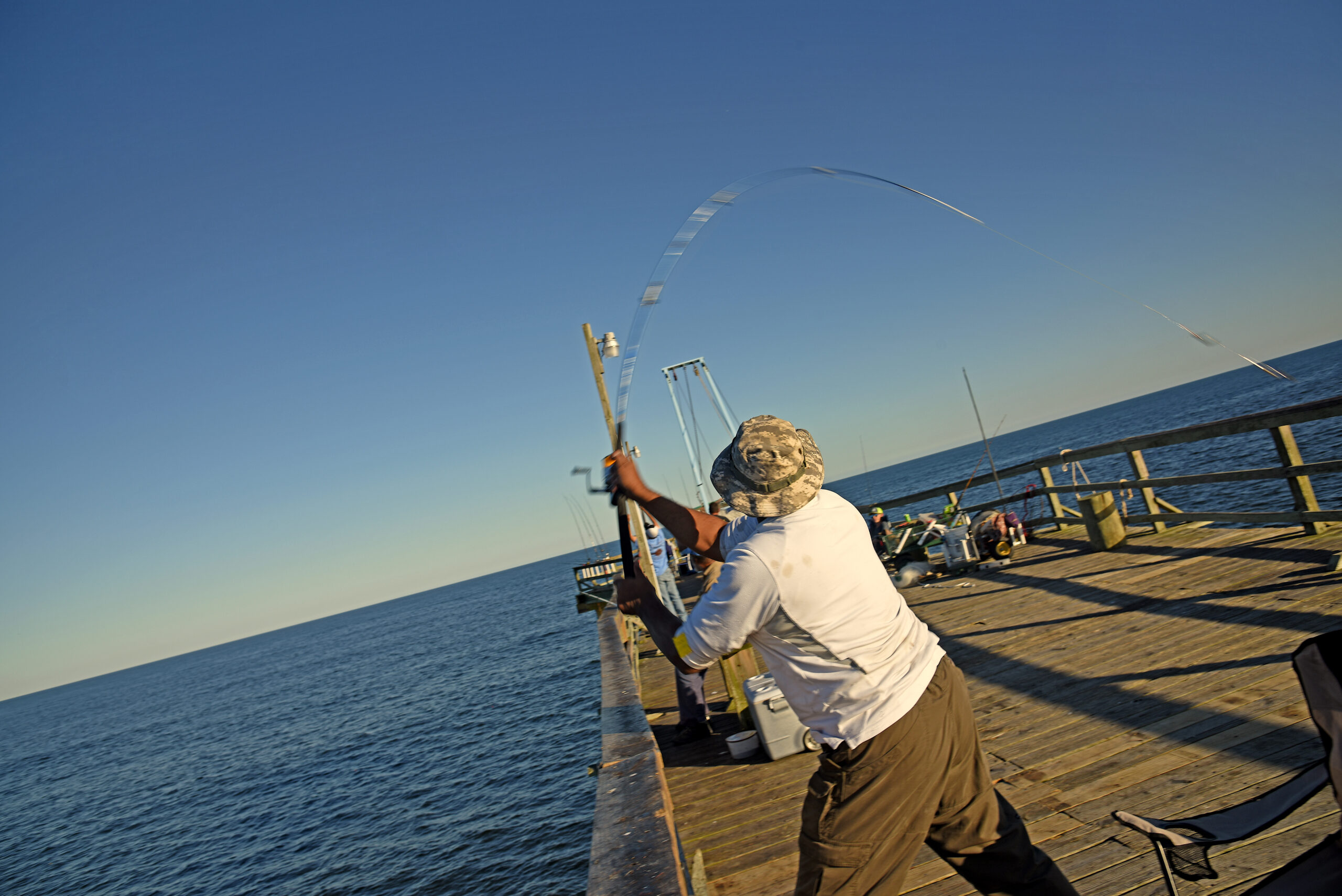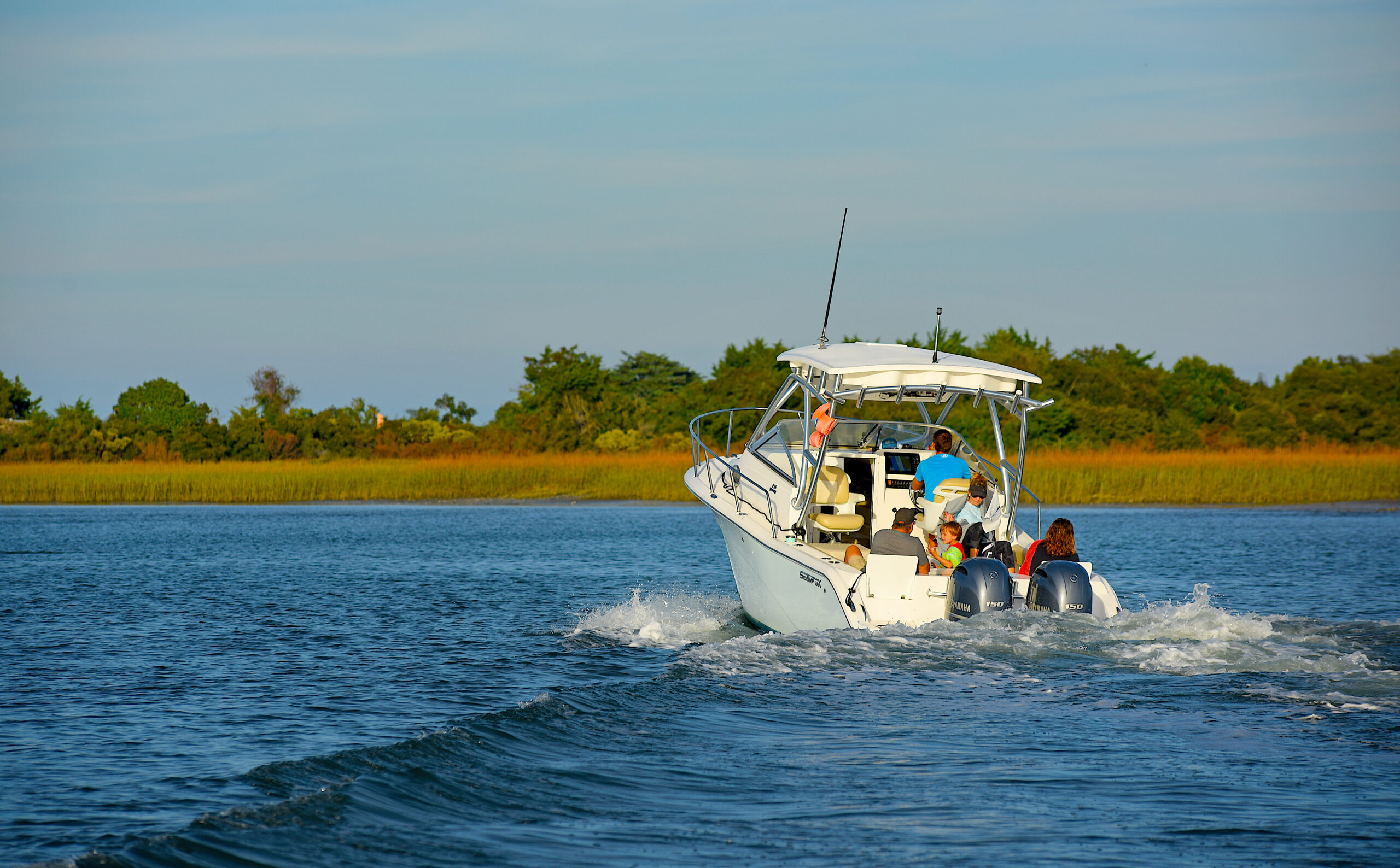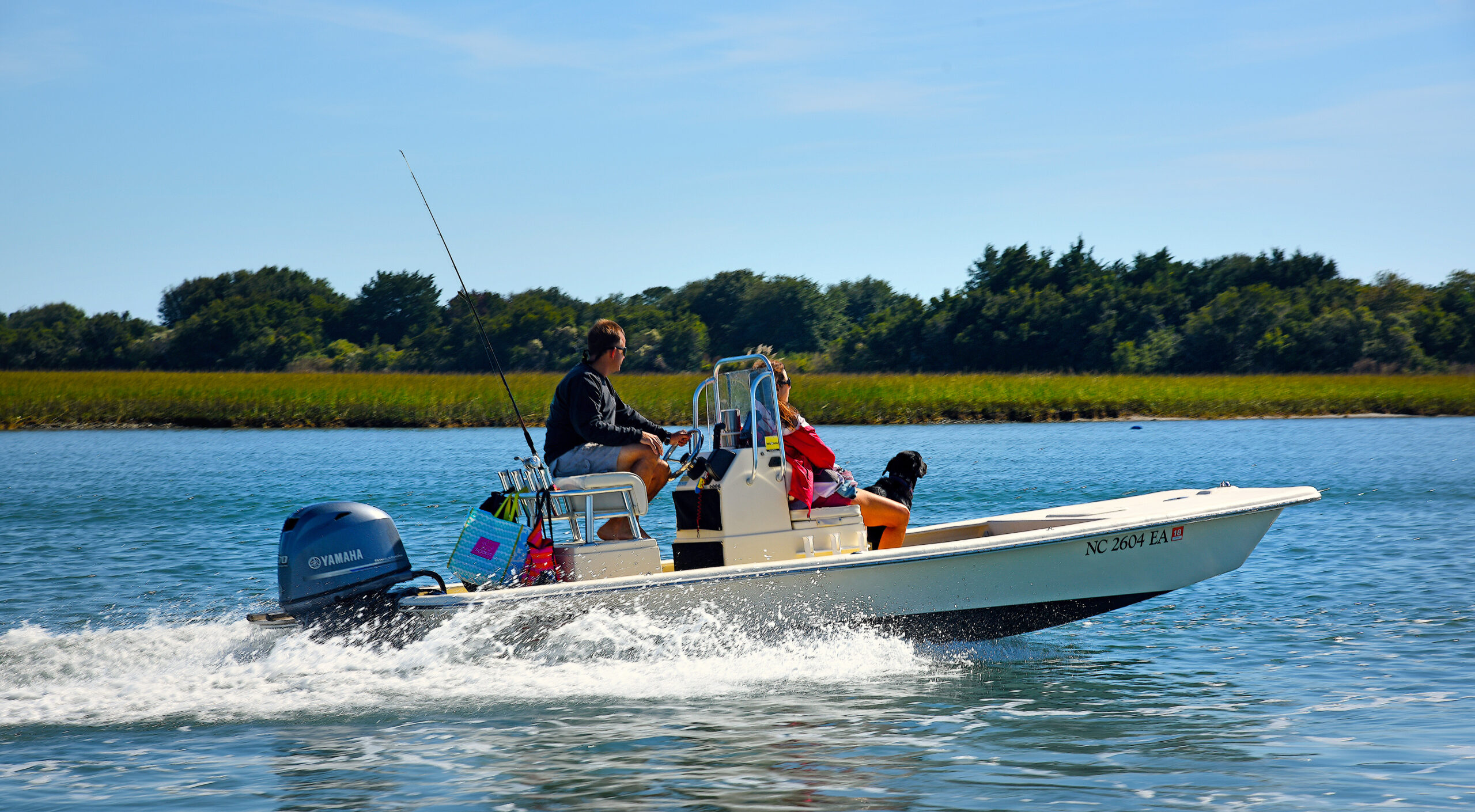Do We Understand the Power of Fishing for Food?

From the water’s edge to the heart of the community: fishing for food is far more than a pastime.
BY NAN PINCUS
“I donate most of the fish I catch. A couple of my friends’ moms who can’t work — they’re disabled and stuff like that. I’ll clean fish and take it to them or just take them a Ziploc bag slammed full of fish.”
We often think of fishers in two distinct groups. There are the commercial fishers, hauling in the finfish that lands on dinner tables in North Carolina and beyond. Then there are the recreational fishers who steer their boats towards fish-filled, sun-drenched spots.
Yet there is a third category: people who must fish for food for themselves, their families, and their friends.
“Not everyone with a rod and reel is just fishing for fun,” says Scott Baker, fisheries specialist at North Carolina Sea Grant. “For some people, the stakes can be much higher.”
With funding from North Carolina Sea Grant, Duke University’s Grant D. Murray and Lisa Campbell studied fishing for food in public spaces, such as the Newport River Pier and its former across-the-channel neighbor, the Grayden Paul Drawbridge.
Their research found that those who fish for food support each other by sharing both bait and catch, but away from these gathering areas, they mostly don’t know each other. Around a third of these anglers are women. They are more racially diverse than the population immediately surrounding the piers, and they are of all ages but disproportionately over the age of 50. They could survive without their catch, but they’d be worse off for it… [more]
from the Spring 2022 issue of Coastwatch magazine.
lead photo courtesy of NC State University.



